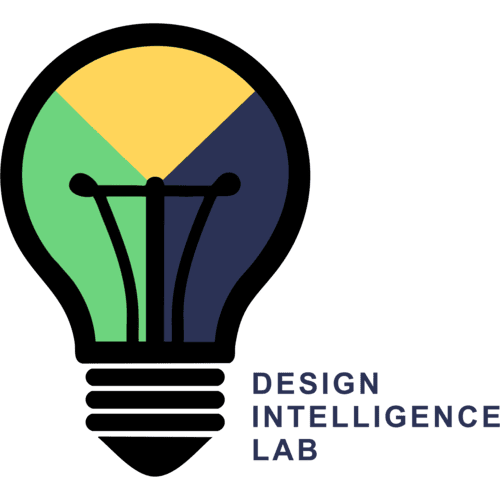Abstract
Structure-Behavior-Function (SBF) models of complex systems use functions as abstractions to organize knowledge of structural components and causal processes in a system. We describe an interactive learning environment called ACT (Aquarium Construction Toolkit) for constructing simple SBF models of classroom aquaria, and report on a case study on the use of SBF thinking and the ACT tool in middle school science classes. We present initial data indicating that SBF thinking supported in part by the ACT tool leads to enhanced understanding of functions and behaviors of aquaria.
Learning Functional and Causal Abstractions of Classroom Aquaria
